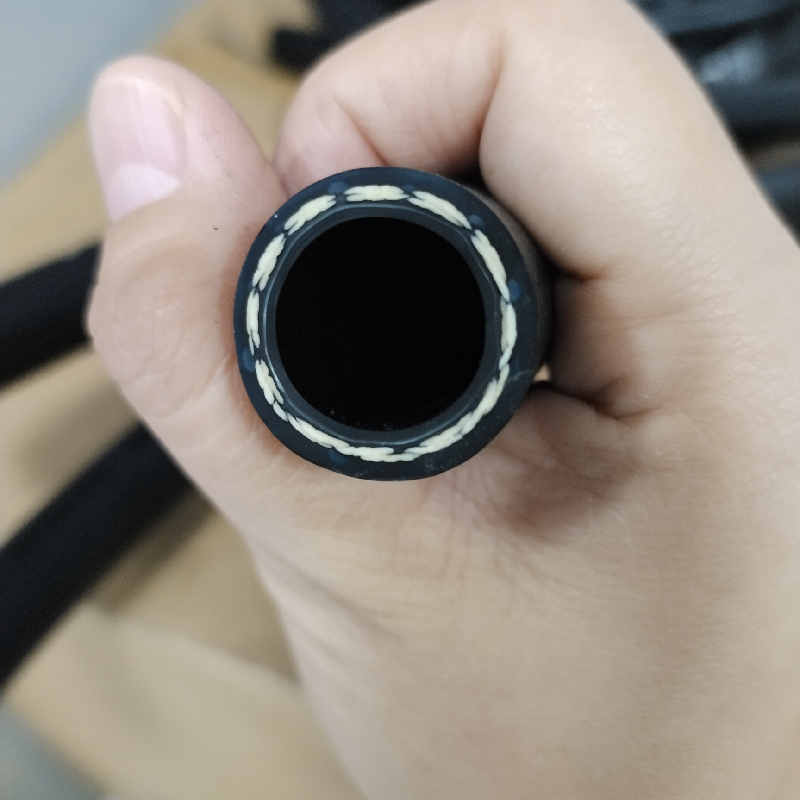Custom Brake Lines for Vehicles Enhancing Performance and Safety on the Road
Nov . 06, 2024 02:02 Back to list
Custom Brake Lines for Vehicles Enhancing Performance and Safety on the Road
Custom Brake Lines for Cars Enhancing Safety and Performance
When it comes to automotive performance and safety, one component that often gets overlooked is the brake line. However, custom brake lines for cars are essential for those who seek to improve their vehicle's braking performance and reliability. This article will discuss the benefits of custom brake lines, the materials used, and the importance of proper installation.
Understanding Brake Lines
Brake lines are crucial components in a vehicle's braking system. They transport brake fluid from the master cylinder to the brake calipers, allowing the vehicle to decelerate smoothly and effectively. Over time, standard brake lines can become worn out or damaged, leading to decreased brake performance and potential safety hazards. This is where custom brake lines come into play.
Benefits of Custom Brake Lines
1. Enhanced Performance Custom brake lines are designed to meet the specific demands of a vehicle, especially those that have been modified for increased power or performance. Standard lines may not handle the increased pressure and heat generated by high-performance braking systems. Custom lines can ensure optimal performance by being built with greater durability and resistance to wear.
2. Improved Safety Safety should always be a priority when it comes to vehicle modifications. Custom brake lines are often made from high-quality materials that can withstand extreme conditions. This reliability reduces the risk of brake failure, giving drivers peace of mind whether they're on the track or navigating through everyday traffic.
3. Personalization For car enthusiasts, aesthetics are just as important as functionality. Custom brake lines can be tailored not only to fit a specific vehicle but also to match its design. Options for color and finish allow for a unique personal touch, ensuring that every aspect of the car reflects the owner's style.
4. Corrosion Resistance Many custom brake lines are made from stainless steel or other corrosion-resistant materials. This is vital for maintaining performance and longevity, especially in regions that experience harsh weather conditions or where road salt is used.
custom brake lines for cars

Materials Used in Custom Brake Lines
Custom brake lines are generally made from several different materials, each offering unique advantages
- Stainless Steel Braided Lines These lines are covered with a stainless steel braid, providing maximum strength and resistance to expansion under pressure. This type of line is often preferred in high-performance applications due to its durability and reliability.
- PTFE (Teflon) Lines PTFE-lined brake lines are known for their smooth interior surface, which minimizes the risk of fluid degradation over time. They resist corrosion and are less likely to become damaged compared to rubber lines.
- Rubber Lines While rubber is a common material for standard lines, high-quality rubber can be used for custom lines. These are typically reinforced to improve durability and are suitable for everyday driving conditions.
Proper Installation is Key
Even the best custom brake lines won't perform as expected if they are not properly installed. It's crucial to have a professional mechanic or a technician with experience in automotive performance work handle the installation. This ensures that all connections are secure and that the brake system is bled correctly to eliminate air bubbles.
Conclusion
Custom brake lines are an integral part of optimizing a vehicle’s braking system. They offer benefits that extend beyond aesthetics, significantly enhancing performance and safety. As car enthusiasts push the limits of their vehicles, investing in high-quality custom brake lines should be a top priority. With the right materials and professional installation, drivers can enjoy increased confidence and improved driving experiences, whether on the track or the road.
